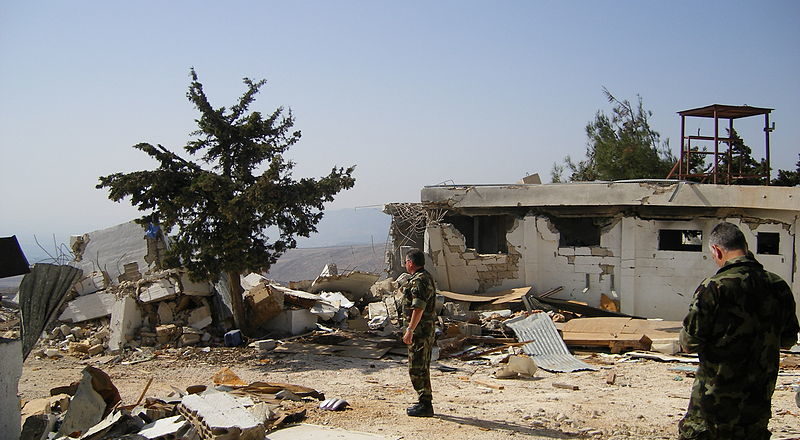A nation must think before it acts.
Carnegie Endowment for International Peace
Sada: Middle East Analysis
The political debate over the future status of Syrian refugees in Lebanon is marked by a strong reluctance to discuss the massive changes the country has been undergoing since the beginning of the Syrian conflict. Instead the approach has followed a short-term, crisis-management logic focused on limiting the inflow of refugees and stressing their temporary status. Long-term solutions, including permanent residency and naturalization, are particularly sensitive given that such permanent integration would deeply rock Lebanon’s sectarian dynamics and substantially shake the post-civil war Taif Agreement. The Syrian civil war itself has already exacerbated political and sectarian divisions in the country, and the prospects of a shift in the domestic sectarian balance could further complicate the already frail domestic political system. But this understandable focus on weathering the storm with short-term solutions may, paradoxically, usher in socio-political crisis that could destabilize the country and undermine its imperfect yet resilient democracy.
Since the beginning of the Syrian civil war, the UN Refugee Agency has registered over one million Syrians in Lebanon. The influx of Syrians—adding to the roughly 450,000 Palestinian refugees already there—means Lebanon now has the highest per capita concentration of refugees in the world. Refugees represent nearly one-quarter of the combined Lebanese population. There has been a notable absence of efforts for long-term socio-political and economic integration. Even debate of potential long-term solutions has been absent; it has been overshadowed by urgent, short-term considerations and a security-oriented approach. To deal with this monumental challenge, Lebanon’s policy has relied on a functional and politically expedient notion of a temporary crisis—one shared by other host countries.
Lebanon has been seeking to limit the impact of the refugee crisis, first by attempting to regulate the inflows of Syrians. The country shifted from an initial open-door policy and—especially since January 2015—introduced significant restrictions to obtaining or renewing residency permits. Under the new regulations, the number of Syrians able to cross legally into Lebanon diminished. An increase in security controls also hampered the number of Syrians able to enter via informal crossings. As a result, the official number of refugees has more or less been at a standstill since 2015, with a slight decrease due to refugees leaving the country.




